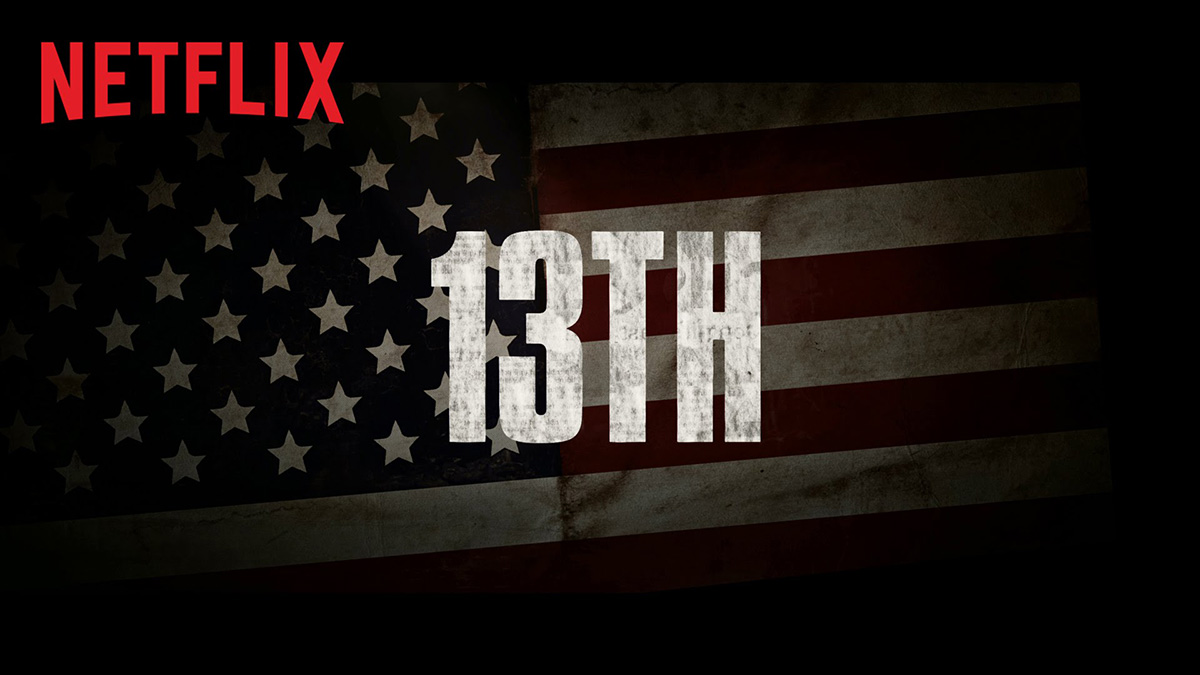Film Review: 13th
 Supplied
Supplied13th
Directed by Ava DuVernay
Available on Netflix
America is often referred to as the “land of the free,” but in her powerful film 13th, Ava DuVernay tries to show that maybe it’s not.
13th is a documentary directed by Ava DuVernay (Selma, Middle of Nowhere) which closely examines the 13th Amendment in the United States — the law which makes it illegal to force anyone into servitude, abolishing slavery. However, this film presents an exception to this law, looking at prisoners, who after committing crimes essentially become slaves of the state. The film gives a brief history of slavery and traces it to its supposed modern day equivalent, mass incarceration.
One reason 13th is a must watch is because of its efforts to illustrate the extent that politicians exploit their power. The film looks at how some politicians perpetuate oppressive policies and practices which benefit themselves, and undermine the welfare and safety of African Americans and other minority groups. For example, the film discusses the American Legislative Exchange Council’s (ALEC) pushing of controversial immigration bills like SB 1070, which allows anyone who looks like an immigrant to be stopped by the police and put in detention facilities. When the film puts the Maryland state senator in front of the camera, and you watch him lobby for policies that have been implemented by ALEC while brushing off any accusations against ALEC as “folklore,” it’s hard to resist believing politicians don’t abuse their power.
Powerful visual techniques serve as the main tool the film used to makes its message about mass incarceration loud and clear. One of the interviewees speaks directly to the camera as she compares the justice system to a “beast that eats people of colour for breakfast lunch and dinner.” This filming style creates a close connection with the audience, making the issues deeply personal for anyone watching. The powerful background music, which features bands like N.W.A (who once created controversy for their brutally honest lyrics about the plight of African Americans), amplifies the effect of the powerful visuals, and the use of deeply disturbing footage of police brutality has the ability to make one question his or her safety — especially those who are not white. At times I wondered if DuVernay’s use of such techniques was trying too hard to convince the audience of the racial inequality in the country. However, the reality seen in much of the footage makes it difficult to deny there is at least some truth to what DuVernay is trying to convey.
Although the film paints a bleak picture of the political climate in the United States, it still offers some hope, as it is sure to create more dialogue about the current situation. The film highlights individuals in the white majority that acknowledge the issues of mass incarceration and racial inequality. Since, it’s not only people of colour speaking up, there is hope that awareness can increase among Americans.
13th is a film that will make you reflect. For myself, I was left believing more that the justice system needs to be changed. However, change will take time. Just like how it took over 200 years for slavery to be abolished, it’s going to take time for modern racial inequality to be dissolved. But DuVernay’s work is a small step in the right direction.




